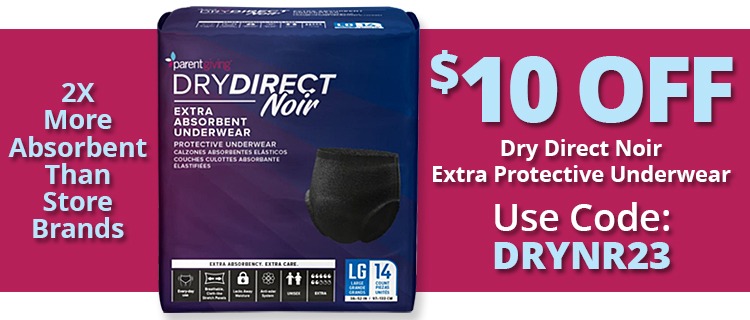Nearly one million people will get shingles this year, with one out of every three people developing it during their lifetime. We’ve all seen the commercials about shingles, but many people out there may be wondering, “What exactly are shingles?” and, “Am I at risk?” The truth is if you have a weakened immune system and/or are over the age of 60, you are at risk and should get the shingles vaccination in order to prevent this painful, debilitating condition from affecting you.
What are Shingles?
Shingles (also called herpes zoster) is the same virus as chickenpox that many of us had when we were kids. However, what you might not know is that once the chickenpox are gone, the virus still remains dormant in your body. According to the American Academy of Dermatology, if the virus ‘wakes up’ then you will (not could) experience a painful, blistering rash known as shingles. The virus can reactivate from disease, stress, or a weakened immune system. The shingles virus is most common in adults 50+ and it is recommended that anyone above the age of 60 can, and should, get vaccinated.
If you experience the shingles virus then you can expect the following:
- Pain, burning, numbness or tingling
- Sensitivity to touch
- A red rash that begins a few days after the pain
- Fluid-filled blisters that break open and crust over
- Itching
- Fever
- Headache
- Sensitivity to light
- Fatigue
These symptoms may come at different times and can last for a few days or weeks. The blisters themselves can take 2-4 weeks to heal, while the other symptoms may last for a shorter period of time.
Can Shingles be Prevented or Treated?
The FDA has approved the use of the varicella-zoster vaccine (Zostavax) for adults age 50+. The shingles vaccine doesn’t guarantee you won’t get shingles, but is a powerful and proven method of prevention. The vaccine is a one-time injection under the skin and can be administered by your physician. Once administered, the vaccine reduces your chances of getting shingles by 51% and the risk of shingles-related nerve damage by 67% (source). Common side effects reported are headaches and injection-site reactions.
If you experience shingles and have not been vaccinated, there are some medications available to help reduce the symptoms and relieve the pain including: acyclovir (Zovirax), valacyclovir (Valtrex), and famciclovir (Famvir). If you notice a rash then you should contact your physician immediately since treatment is most effective if it is started within 72 hours.
Will My Insurance Pay for the Shingles Vaccine?
Most plans will only cover the cost of the vaccine for those 60 years of age and older. With that in mind, you should reach out to your healthcare provider to determine if it will be covered based on your age, health plan, and other factors. The vaccine itself is estimated to cost $200 to $250 per injection without coverage.
If you are 50 years of age or older, then you should contact your physician and insurance provider to see what options are available to you. Take action now to prevent the shingles virus from impacting your health.


